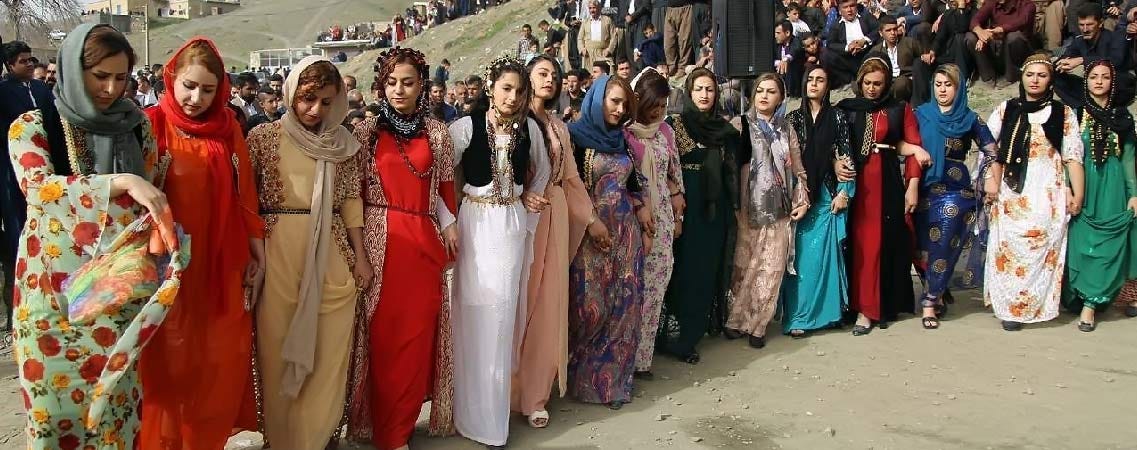New Biden Nuclear Deal with Iran Threatens Kurds
Longtime proxy for U.S., Israel spy agencies fear Baghdad will allow Iran attacks on their sanctuary
Pity the poor Kurds.
Numbering some 40 million people who have populated the mountainous border convergence of Turkey, Syria, Iraq and Iran for centuries, they remain the world’s largest ethnic group without a state of their own.
Over the past 100 years, starting with the new world order that emerged in the aftermath of World War I, both global and regional powers have thwarted the Kurds’ quest for self-determination at every tectonic turn of the Middle East’s historical wheel.

Now thousands of Iranian Kurds living in exile in Iraq face yet another existential crisis. Iran, which accuses these Kurds of staging cross-border raids, collaborating with Israel and stirring up anti-government protests, is now threatening to invade their Iraqi base. The Kurds fear Baghdad will acquiesce to Tehran’s demands for their expulsion from their sanctuary. Further complicating their plight is the Biden administration’s renewed drive for a modified nuclear deal with Iran, which has pushed the plight of the Kurds to the back burner.
The Kurds experienced their first betrayal following the 1920 Treaty of Sèvres, in which the victorious World War One allies dismembered the Ottoman Empire and included an independent Kurdish state in a portion of what is now Turkey. But the Turks resisted violently, forcing the Allies, including the United States, to accept Turkish rule over Anatolia, with all of its Kurdish territories. Washington also became a signatory to the alternative 1923 Treaty of Lausanne, which gave Kurdish lands in Iraq and Syria to Britain and France, respectively.
But that never stopped the big powers from using the Kurds as pawns in the great game of the region’s rivalries. Indeed, the long list of broken alliances and betrayals since then has more than justified the well-worn Kurdish adage that “they have no friends but the mountains.”
The United States has been a major player in that sad history. Over the years, the CIA trained, armed and paid various Kurds factions to act as proxies against its enemies in the region, only to abandon them repeatedly when their utility conflicted with larger U.S. interests.
The most recent betrayal occurred in 2019, when President Donald Trump, responding to a request from Turkey’s authoritarian President Recip Tayyip Erdogan, obligingly redeployed U.S. troops away from northern Syria, allowing Erdogan to attack the Kurdish militias there, whom he constantly and falsely brands as terrorists for his own domestic political reasons. These were the same Kurdish fighters who helped the United States destroy the real terrorists in the area—the Islamic State militants.
Now, four years later, thousands of Iranian Kurds living in exile in Iraq are hoping the United States won’t betray them again as they face the current Iranian threat amid the Biden administration’s renewed push to limit Tehran’s nuclear program and reduce the risk of a war with Iran.



